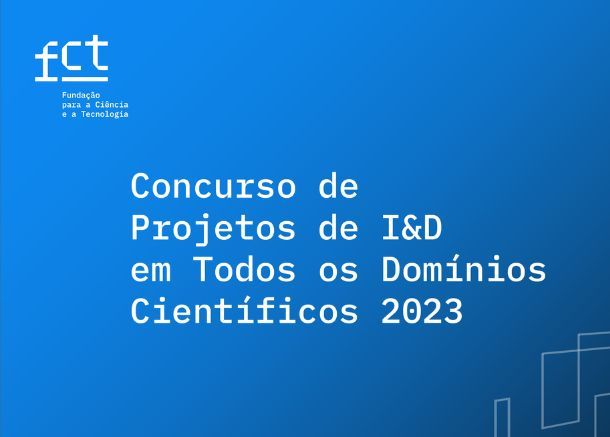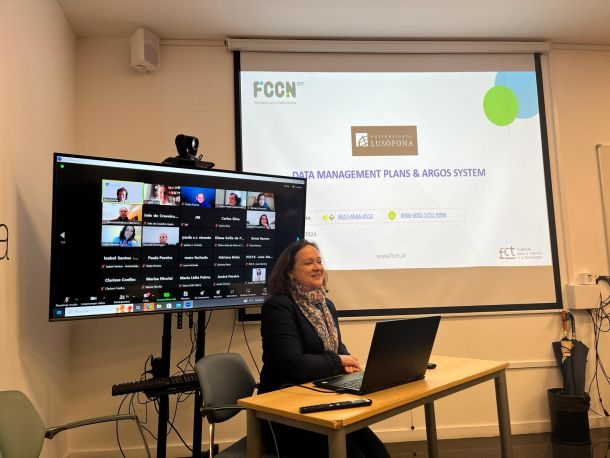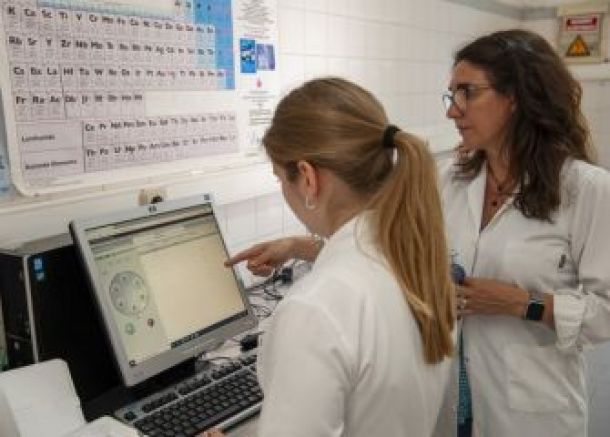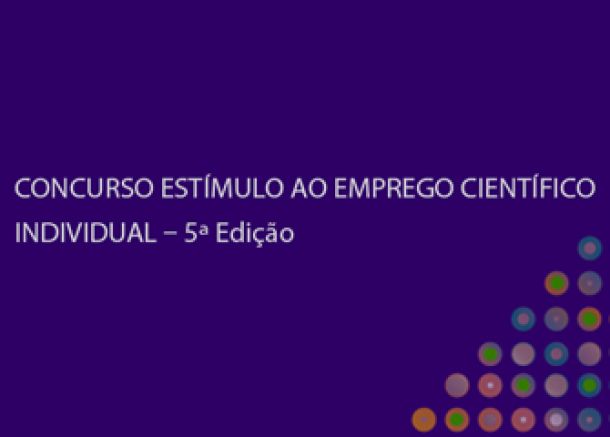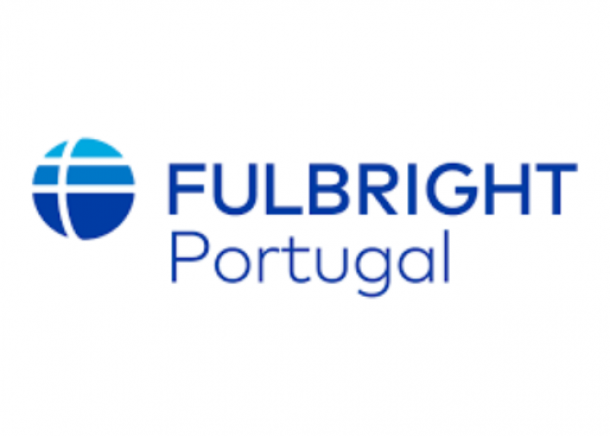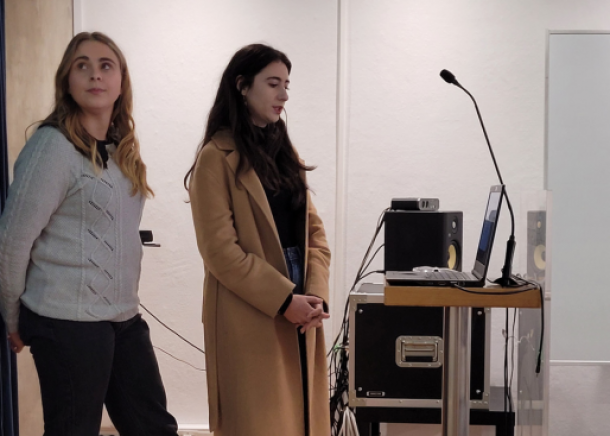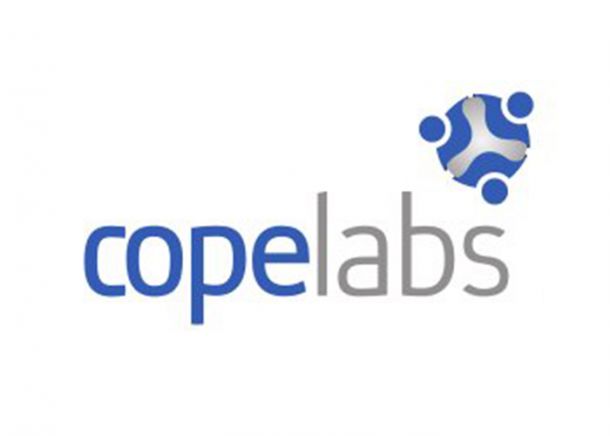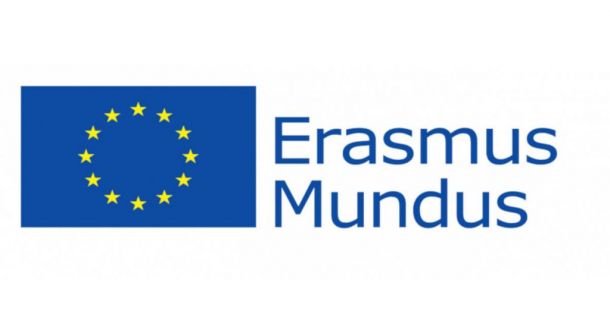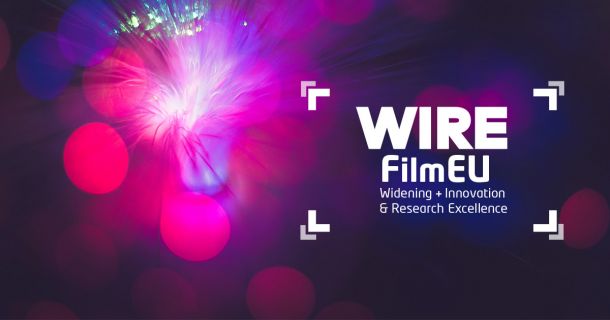News
FCT's (Foundation for Science and Technology) annual call for Projects in All Scientific Fields seeks to increase the national and international competitiveness of science and technology, contribute to innovation and knowledge transfer, as well as to the realization of the global aspirations defined in the Agenda 2030: United Nations Sustainable Development Goals.
On March 8th, 2024, ILIND (Lusophone Institute for Research and Development) promoted the training "Data Management Plan", which had 73 participants in hybrid format.
Professor Patrícia Rijo from CBIOS (Research Centre for Biosciences & Health Technologies), Lusófona University, is supervising research into the chemical composition and biological properties of Centauri Honey as part of a PhD project.
In the 5th edition of the competition run by FCT (Fundação para a Ciência e a Tecnologia), Milos Stankovic, professor at Lusófona University and researcher at the COPELABS Research Unit, won an Individual CEEC with a score of 8 out of 10.
Fulbright Specialist Project Proposal approved by the Board of Directors of the Fulbright Commission
The project proposal of the Centre for Interdisciplinary Studies in Education and Development (CeiED) of Universidade Lusófona, for the visit of Professor Samuel Nastase, Lecturer and Associate Research Scholar at Princeton University, under the Fulbright Specialist Program (FSP), has been approved by the Board of Directors of the Fulbright Commission.
ILIND - Instituto Lusófono de Investigação e Desenvolvimento took part in the welcoming and integration session for new teachers and researchers, which took place on 1 February 2024 at the José Araújo Auditorium (Victor de Sá Library Building) in Lisbon.
The Societal Impact of Research is the impact that research has outside of academia. It includes how research benefits or contributes to changes in the economy, society, culture, politics or public services, health, the environment or quality of life.
Erasmus Mundus has granted approval for an innovative Master's Degree program known as Bio.Natural - Chemistry of Natural Bioactives. This cutting-edge two-year international initiative is a collaborative effort involving distinguished institutions, including Lusófona University - COFAC/ULHT (Portugal), Università degli Studi di Siena - UNISI (Italy), Zagreb University - UniZG (Croatia), and Ruđer Bošković Institute - RBI (Croatia). Delivered entirely in English, the program aims to cultivate competitive specialists in natural products chemistry, focusing on the development and commercialization of bioactive products derived from natural sources, with applications in pharmaceuticals, dermocosmetics, medical devices, and dietary supplements.
Lusófona University and FilmEU are thrilled to announce its successful bid, WIRE FilmEU, for the HORIZON-WIDERA-2023-ACCESS-03-01 call, funded by Horizon Europe. The proposal was promoted by the FilmEU Alliance, and aims to drive Research & Innovation capacity building efforts within the alliance, with a specific focus on the participating widening countries.





